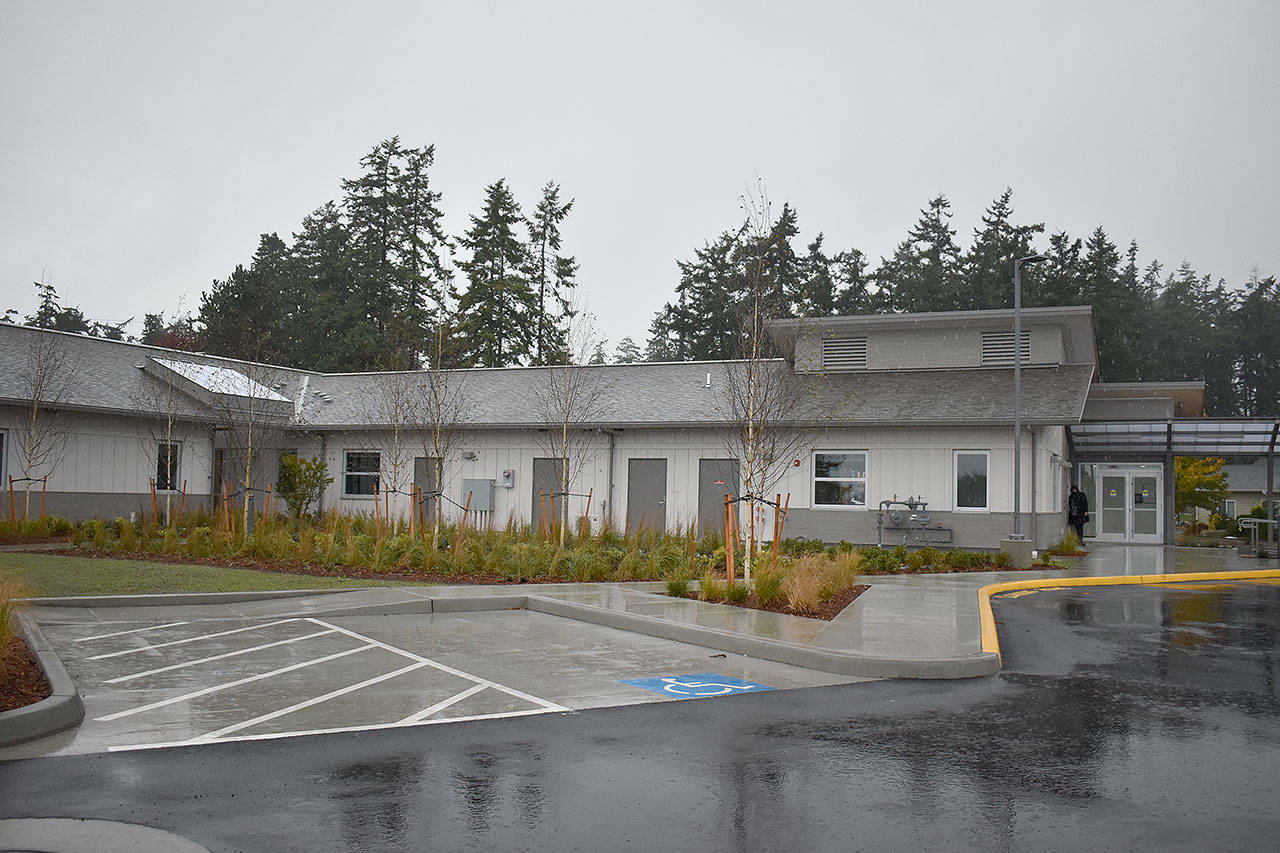Island County commissioners are looking to expand the number of treatment beds in the Oak Harbor stabilization center by over 50%.
Opened in 2021, the Ituha Stabilization Facility currently has 10 beds for people experiencing a mental health crisis or issues with substance use. As previously reported by the Whidbey News-Times, the facility is often at capacity, and an additional six beds will bring it up to the federal limit set for Medicaid reimbursement.
The project to expand it involves two phases, Facilities Director Ryan Beach told the county commissioners during a work session last week, covering schematic design, conditional use permit preparation for the six-bed addition and construction.
Phase one is funded by a $93,000 legislative appropriation from last year. The county is collaborating with BCRA Design, which has proposed that it will take an estimated $84,630 to complete the first phase. Beach is working on securing additional funding from the state legislature for the second phase, which has an estimated price of $287,355. Additional permitting costs $40,000.
Beach said they were able to reduce the overall cost of the project by putting double the number of beds in rooms instead of just one. While she was excited about the cost reduction, Commissioner Jill Johnson wondered if the double beds are feasible on the treatment side of things.
“We talked about it, and I was so in love with the reduced number,” she said. “I didn’t really think through the service level piece of it. I just thought through the construction cost piece of it.”
Beach responded that he has reached out to the provider but has not yet heard back. Pioneer Human Services operates the facility while the county owns the building. There are double beds that currently exist in the facility, he said.
If the schematic design is changed, Beach explained, it will affect construction documents, and the entire project will have to be expanded and it most likely would change the cost of the contract, except for phase one.
The commissioners agreed to move the contract for phase one forward. Beach said it’s anticipated that phase one will take about two months to complete.



